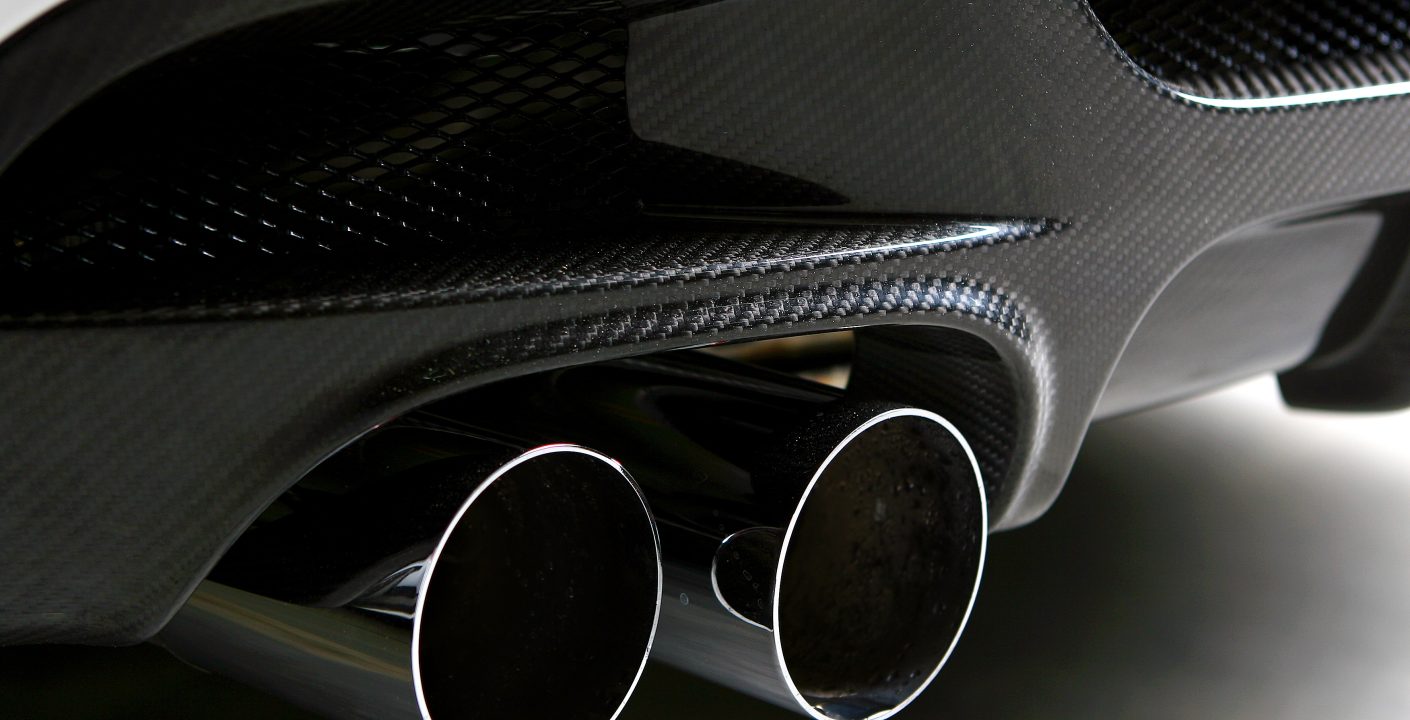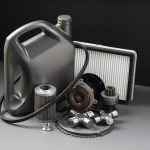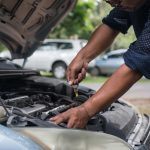Addressing Exhaust System Leaks

The exhaust system plays several critical roles besides noise reduction. It channels harmful gases away from the engine, improves fuel efficiency, and contributes to overall vehicle performance. A typical exhaust system comprises several components, including the exhaust manifold, catalytic converter, muffler, and various pipes.
Common Causes of Exhaust Leaks:
Exhaust leaks can be caused by a variety of reasons, ranging from natural wear and tear to more severe mechanical issues. Here are some common causes:
-
Corrosion:
Over time, exposure to moisture, salt, and other environmental factors can cause rust and corrosion to form on exhaust components, leading to weak spots and eventually, leaks.
-
Damaged Gaskets:
The seals between various exhaust components, such as the manifold gasket or flange gaskets, can degrade over time, resulting in leaks.
-
Cracked or Broken Pipes:
Physical damage, such as cracks or fractures in exhaust pipes, can allow gases to escape, creating leaks.
-
Loose or Missing Fasteners:
Vibrations from the engine and road can cause nuts, bolts, and clamps securing exhaust components to loosen or fall off, leading to leaks.
-
Exhaust System Modifications:
Aftermarket exhaust modifications or improper installation can introduce leaks if not done correctly.
Identifying Symptoms of Exhaust System Leaks:
Detecting an exhaust system leak early can prevent further damage and ensure optimal vehicle performance. Look out for these common symptoms:
-
Increased Engine Noise:
A noticeable increase in engine noise, particularly a hissing, popping, or rumbling sound, can indicate an exhaust leak.
-
Reduced Fuel Efficiency:
Leaks in the exhaust system can disrupt the engine’s air-fuel ratio, leading to decreased fuel efficiency.
-
Strong Odors:
If you detect unusual smells, such as the odor of exhaust fumes inside the cabin or a sulfur-like smell outside the vehicle, it could signal an exhaust leak.
- Visible Damage:
Inspect the exhaust system for visible signs of damage, such as rust, cracks, or holes in the pipes or components.
Addressing Exhaust Leaks:
Once you’ve identified an exhaust leak, prompt action is essential to prevent further damage and maintain vehicle performance. Here’s a step-by-step guide to addressing exhaust leaks:
-
Visual Inspection:
Begin by visually inspecting the exhaust system for signs of damage or corrosion. Pay close attention to the manifold, pipes, gaskets, and muffler.
-
Check Fasteners:
Ensure that all nuts, bolts, and clamps securing the exhaust components are tight and properly fastened. Replace any missing or damaged fasteners.
-
Replace Gaskets:
If the leak is originating from a damaged gasket, such as the manifold gasket or flange gasket, replace them with high-quality replacements suited to your vehicle’s make and model.
-
Patch Small Holes:
For minor cracks or holes in the exhaust pipes, consider using a high-temperature epoxy or muffler patch kit to seal the leak temporarily. However, keep in mind that this is a temporary solution, and permanent repairs may be necessary.
-
Welding or Replacement:
For more significant damage, such as large cracks or broken components, welding or replacing the affected parts may be required. Consult a professional mechanic or exhaust specialist for expert assistance.
-
Perform a Leak Test:
After making repairs, it’s crucial to perform a leak test to ensure that the exhaust system is properly sealed. This can be done using a smoke machine or by listening for any remaining leaks with the engine running.
By understanding the causes, symptoms, and proper repair techniques, you can effectively address exhaust system leaks and keep your vehicle running smoothly. Whether you opt for DIY repairs or seek professional assistance, timely action is key to maintaining the integrity and performance of your exhaust system. Remember, a well-maintained exhaust system not only keeps the engine running smoothly but also ensures a more enjoyable driving experience for years to come.







